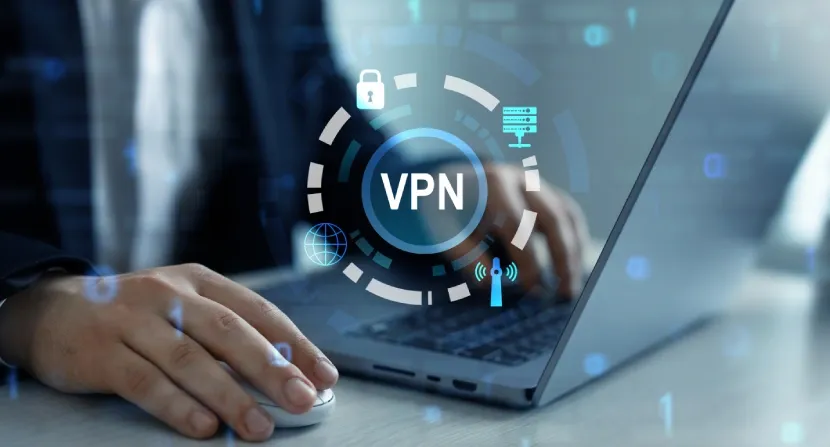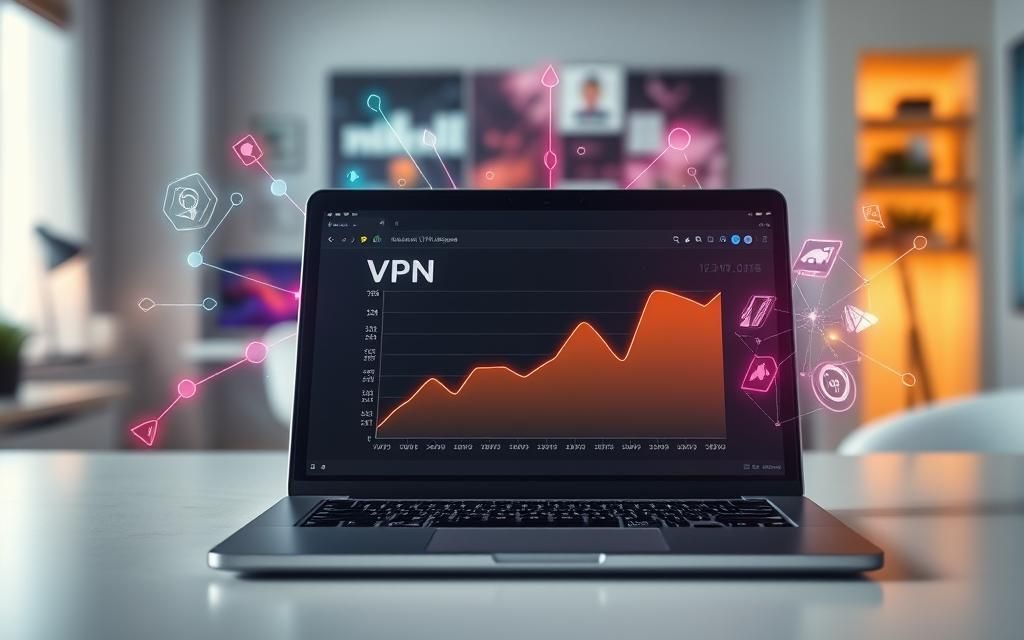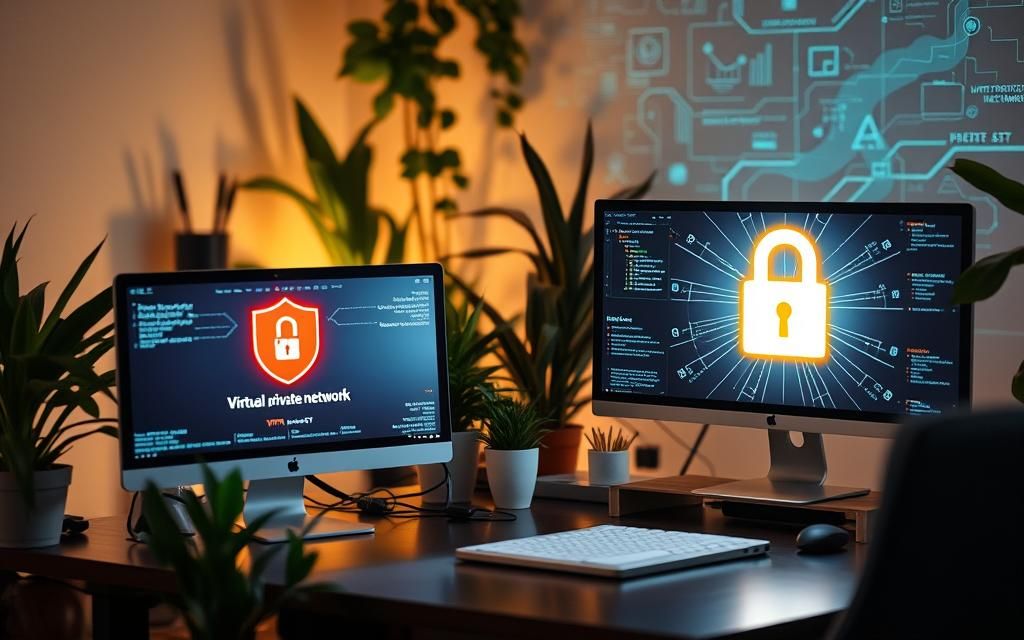Welcome to our comprehensive guide on the safety of using a VPN for online banking. In today’s digital age, securing your financial transactions is of paramount importance. With the increasing prevalence of cyber threats, it is crucial to explore additional privacy measures to protect your sensitive information. Here, we will delve into the world of VPNs and their role in safeguarding your online banking activities. We will provide you with secure tips to ensure a secure and worry-free online banking experience. Let’s dive in and discover how a VPN can enhance your online banking security. Understanding VPNs and Online Banking In today’s digital age, where online banking has become increasingly prevalent, ensuring the safety and security of our financial transactions is of utmost importance. One tool that has gained popularity for enhancing online banking safety is a Virtual Private Network (VPN). A VPN is a technology that establishes a secure and encrypted connection between your device and the internet. It acts as a secure tunnel, encrypting your data and routing it through remote servers, effectively masking your IP address and enhancing your online privacy. The Benefits of Using a VPN for Online Banking Using a VPN for online banking offers several key benefits: Enhanced Security: By encrypting your data, a VPN prevents hackers and cybercriminals from intercepting your sensitive information, such as login credentials and financial details. Privacy Protection: A VPN masks your IP address, ensuring that your online activities remain anonymous. This added layer of privacy prevents third parties from tracking your online behavior. Access to Geo-Restricted Content: VPNs allow you to bypass geographical restrictions, enabling you to access online banking services from anywhere in the world securely. Protection on Public Wi-Fi: Public Wi-Fi networks pose significant security risks. By using a VPN, you can safeguard your online banking activities even when connected to insecure networks. By utilizing a VPN for your online banking transactions, you can enjoy the benefits of enhanced security and privacy, ensuring that your financial information remains protected. How a VPN Protects Your Online Banking When it comes to online banking, ensuring the security of your financial transactions is of utmost importance. This is where using a VPN (Virtual Private Network) can play a vital role in safeguarding your sensitive information. VPN protection for banking online is essential for maintaining your privacy and protecting your financial data from potential cyber threats. VPNs utilize encryption protocols to create a secure and private connection between your device and the banking website you are accessing. VPN encryption for online banking makes it virtually impossible for anyone to intercept and decipher your data, ensuring that your financial transactions remain secure. Benefits of VPN Encryption for Online Banking Enhanced Privacy: VPNs mask your IP address, making it difficult for attackers to trace your online activities back to you. By encrypting your data, VPNs provide an additional layer of privacy, protecting your personal and financial information. Data Security: VPNs use strong encryption algorithms to encode your online communications. This protects your banking information, including your account numbers, passwords, and financial details, from being intercepted and misused by hackers. Protection on Public Wi-Fi Networks: Public Wi-Fi networks are notorious for their lack of security. When using a VPN for online banking, you can securely access your financial accounts even when connected to a public Wi-Fi hotspot, ensuring that your data remains encrypted and protected. Bypassing Geographical Restrictions: Some banks may restrict access to their online services based on the physical location of the user. With a VPN, you can connect to a server in the desired location, thus bypassing these restrictions and accessing your bank account from anywhere in the world. By utilizing a VPN for banking online, you can have peace of mind knowing that your financial transactions are shielded from prying eyes and potential threats. However, it is crucial to select a reputable VPN provider that offers strong encryption, a strict no-logs policy, and reliable server infrastructure for optimal security. Secure Tips for Online Banking with a VPN When it comes to online banking, ensuring the utmost security is crucial to protect your financial transactions and personal information. By using a VPN (Virtual Private Network), you can add an extra layer of protection to your online banking activities. Here are some secure tips to help you make the most out of using a VPN for secure online banking: Select a reliable VPN provider: Choose a reputable VPN service that offers strong encryption protocols and a strict no-logs policy. Look for providers with positive customer reviews and a track record of protecting user privacy. Enable two-factor authentication: Many banks provide the option to enable two-factor authentication (2FA) for added security. This means that in addition to your username and password, you will need to provide a second authentication factor, such as a unique code sent to your mobile device. Regularly update your passwords: To prevent unauthorized access to your online banking accounts, it’s important to regularly update your passwords. Use strong, unique passwords that combine letters, numbers, and special characters. Use multi-factor authentication for your VPN: If your VPN provider offers multi-factor authentication (MFA), make sure to enable it. This adds an extra layer of security by requiring a second verification step when logging into your VPN account. Keep your devices updated: Regularly update your operating system, anti-virus software, and other applications on your devices. These updates often include security patches that address vulnerabilities and improve overall protection. Avoid public Wi-Fi networks: Public Wi-Fi networks can be vulnerable to hackers, making it risky to conduct online banking transactions. Whenever possible, use a secure and trusted network or create a personal hotspot with your mobile device. By following these secure tips, you can enhance your online banking safety when using a VPN. Remember, a VPN provides an extra layer of encryption and privacy, but it’s important to take additional precautions to ensure the highest level of security. Potential Risks and Limitations of Using a VPN for Online Banking While using a VPN for online banking





